An insider’s guide to Marseille
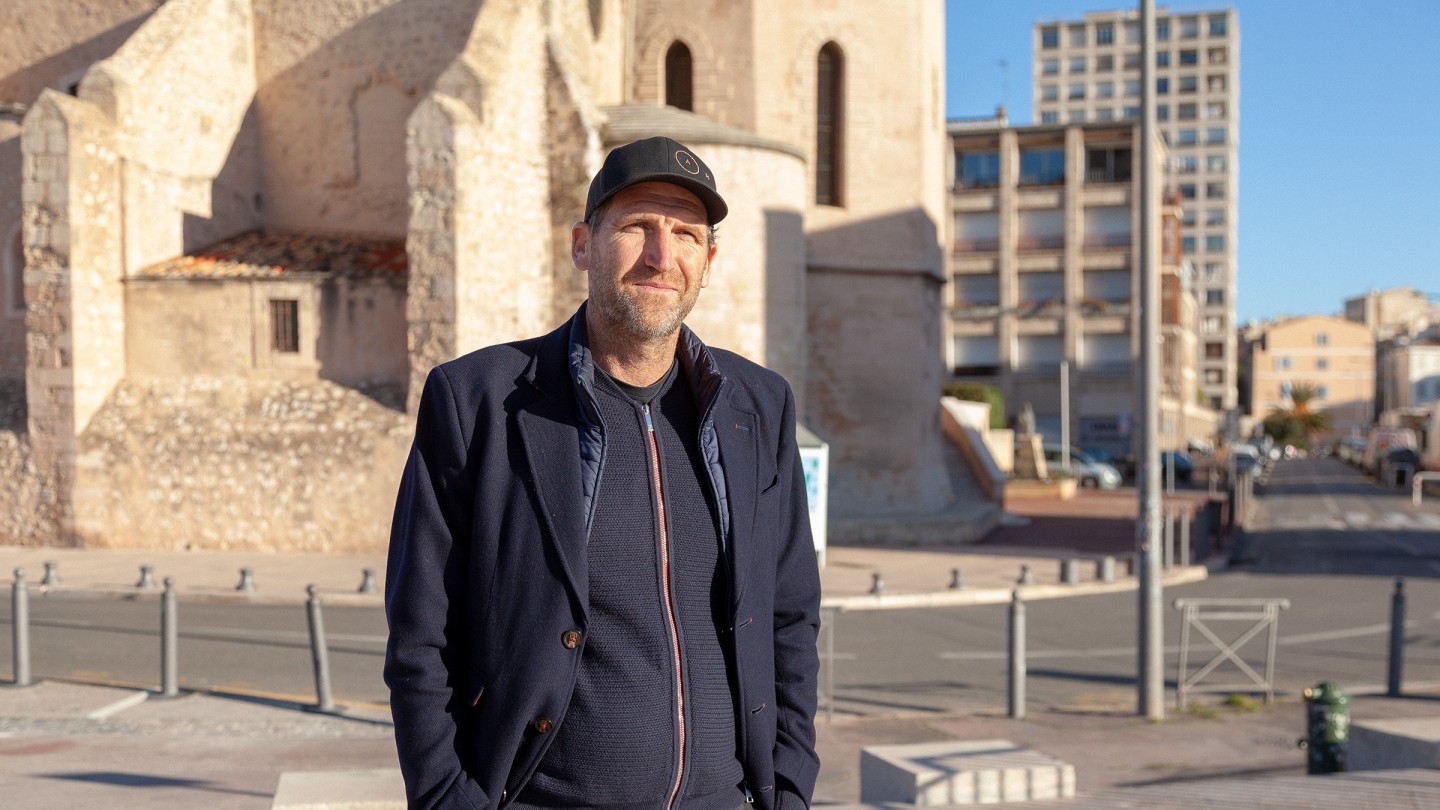
Roula Khalaf, Editor of the FT, selects her favourite stories in this weekly newsletter.
I was born in the Republic of the Congo, in La Côte Sauvage, where my father worked in forestry. I lived there for 15 years, and it was such a carefree, insouciant existence. Sometimes we came back to France to see my grandfather, who worked as a fisherman on the Île de Ré. I remember the fish and the fruits de mer were fantastic there.
While I was training to be a chef I travelled to Spain, America and France, and eventually settled in Marseille. I found a little restaurant, and I said to my wife, “If it’s good, that’s great, if not I’ll find something else.” And it turned out to be fantastic – I have complete freedom of expression here, and because the restaurant is so small, it’s very intimate.
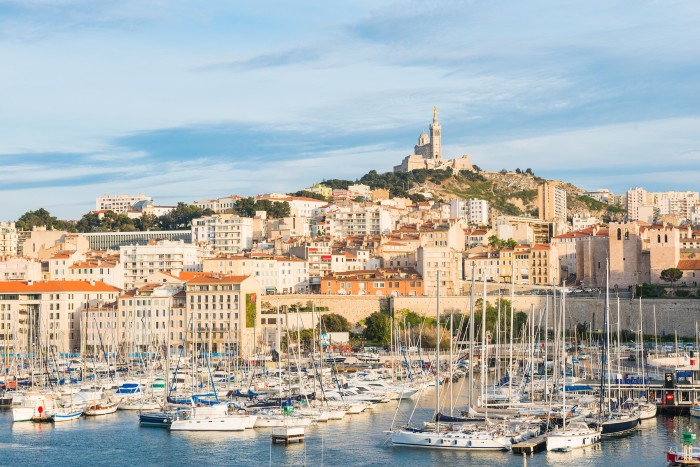
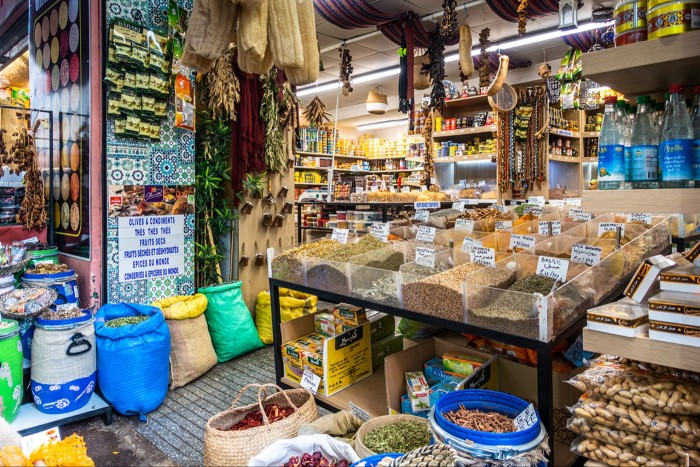
Marseille is special because of its energy – it’s not like any other city in France. You have the sea, you have the mountains and you have a lot of influence from north Africa – you can easily find a banana plant, or cassava. You are in a city with an economic centre but it feels like a village. Marseille is a little bit New York.
There is a lot of good food here. Noailles district is the best place for spicy African food. My favourite street food is probably the delicious Moroccan pancakes called meloui. I often go down the Rue d’Aubagne, in Noailles, to get meloui from the many shops there that serve traditional Moroccan. I’ll also sometimes go to Les Goudes, a little sea harbour down the coast. I like Chez Paul restaurant there, where they grill the fresh fish on the barbecue for you, or they have a fish soup which is fantastic, and you can eat out in front of the boats. It’s a good choice for pizza too – I love the half and half with anchovies, olives and oregano on one side and cheese on the other. Down the road at L’Esplaï des Goudes, I would get La Bourride, a Provençal fish stew with aïoli and olive oil.
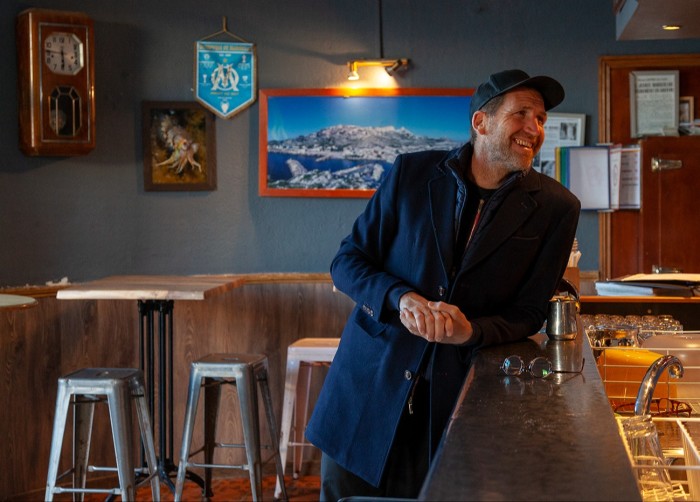
For the best wine, I go to La Cave de Baille and get the wine of the day. You might end up staying for four or five hours because the owner is so happy to talk. They are very passionate people there. Afterwards, for somewhere to stay, I usually recommend visitors try the Le Panier area, the historic district of Marseille, where you can stay at the Hôtel 96, near the Calanques, which has a beautiful garden.
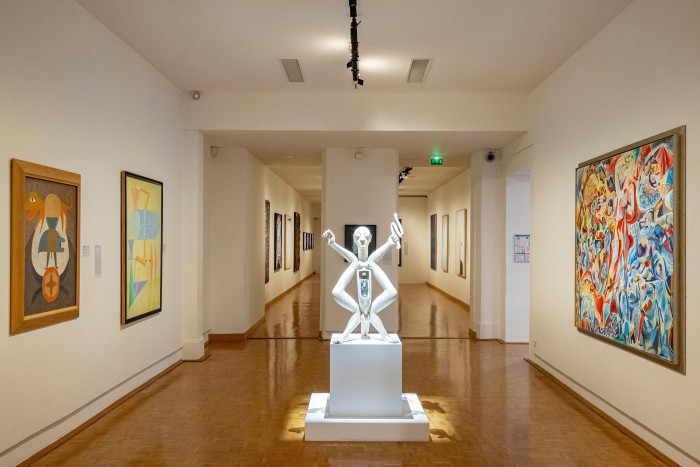
FT Weekend Festival

FT Weekend Festival returns on Saturday 2 September at Kenwood House Gardens, London. Book your tickets to enjoy a day of debates, tastings, Q&As and more... Speakers include Julian Barnes, Margot Henderson, Henry Holland, Ravinder Bhogal and many others, plus all your favourite FT writers and editors. Register now at ft.com/festival.
Marseille has great art – I love the Musée Cantini, which specialises in modern works – and fantastic natural scenery. I like to walk, and for that I go to Marseille’s famous miniature limestone fjords, the Calanques, very early in the morning when there are no people there. Arrive at 7am, and you have the area all to yourself. It’s a good way to start the day. You can wander along the coast and take in the panoramic view. The luminosity and all the different shades of blue – from light to deep blue – are fantastic.
After a walk I take the little fishing boat to Les Goudes or Pointe-Rouge to swim in the sea. Sometimes, when I’m at the restaurant on Saturday, I finish at 4pm, go for a swim, and come back to work at 5.30. That is what I love about Marseille – you can take a little boat out and you are on holiday inside of 20 minutes.
Comments